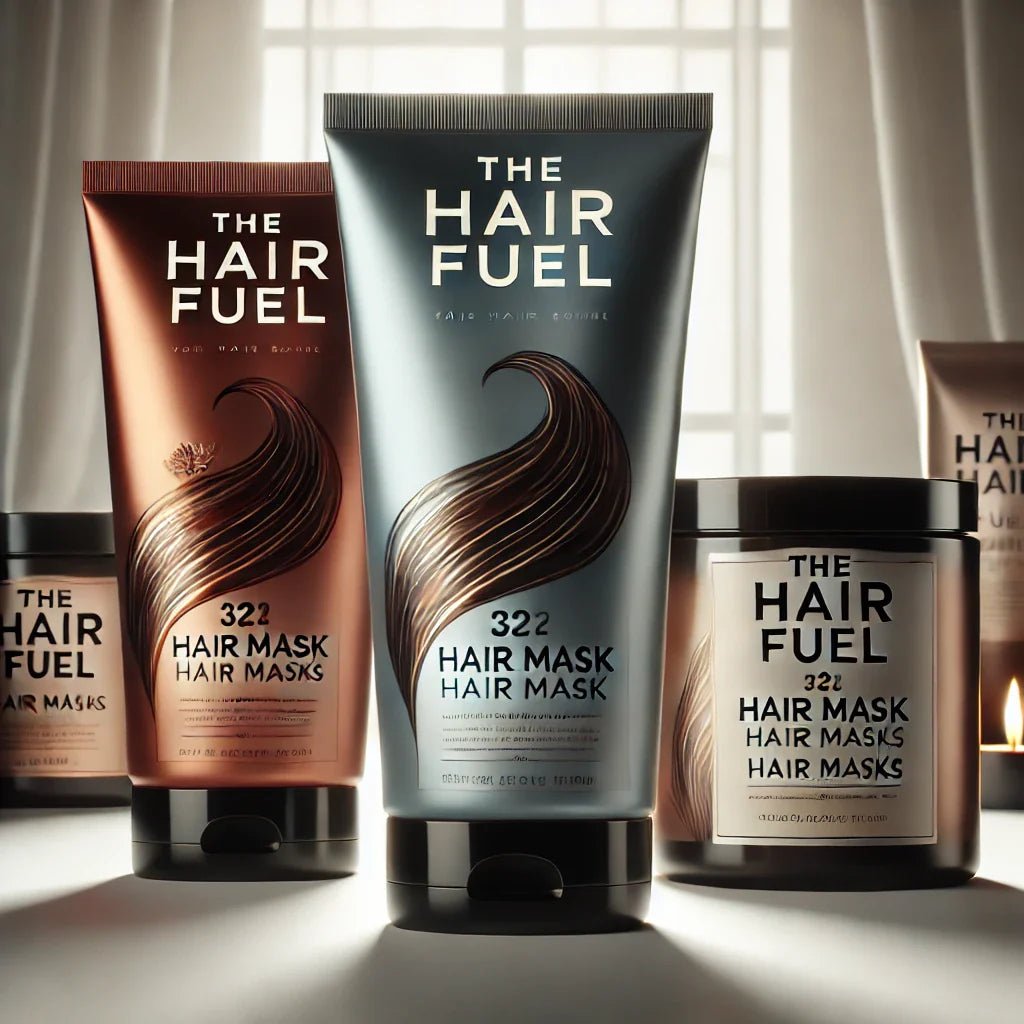Whilst you need to take care of your hair all year around, autumn winds and changes in temperature dictate a specific approach to your hair care. Precautions will make sure your hair isn’t exhausted by the time of your office Christmas party.
And cozy autumn and winter months isn't something that should be dreaded, but celebrated. Main culprits of cold weather for hair – is dramatic changes in temperature and hair dehydration.
Temperature change
The tricky thing in the autumn and winter season is the constant changes in temperature and moisture. On one side – it’s cold outdoors and raining a lot, while indoor heating makes air warm and dry.
To strengthen your hair strands against such changes, regular conditioning and oiling routine will lock natural moisture within your strands and help your hair withstand constant variation of temperatures.
Not sure which oil to use? Take our hair oil quiz (opens in a new tab)
Humidity, indoor heating and hair care
Indoor heating dries out hair strands, so investing into a humidifier is a good idea. Dry air makes the cuticles of the hair stand up like a brush, making it frizzy and vulnerable to loosing moisture.
“Calming” your hair cuticles down with a humidifier for your bedroom and living room will pay for itself as your expense for deep conditioning masks will go down as a result.
A note on hats and hair care
You might be already dreading the "hat hair", but hats are great to protect your strands against changes in temperature. Opt for those with silk or satin lining to reduce hair friction against thicker wool or acrylic fibres.
Protective hairstyles are key in cold weather

Whether when going to sleep or going outside, our hair gets a lot of friction by rubbing either against each other, our pillows, or against our coats, jumper and hats. To minimise the frizz consider wearing your hair in a protective style: think braids, or hair clips during daytime.
Ponytails and unsupported hair buns are not a protective hairstyle. In fact, it pulls on the roots of the hair, weakening them; and the hair that’s left loose – will rub off against your jumper and hat. It’s better to learn a few braided styles for daytime and get a silk pillowcase for night. Just make sure you're not braiding your hair too tightly.
(Bonus: wearing your hair in protective hairstyles makes it less greasy – so you will be needing to wash your hair less, too.)
Stay away from heating tools in colder months
On that note, your hair is already vulnerable to the changes to weather, challenges of dry heated air indoors, so give it a break and go easy on the heating tools. Heating tools wick out all the moisture or even burn your hair cuticles further making them susceptible to breakage and weakening them.
If you follow our advice above with protective hairstyles – wearing your hair in a braid will make it last longer between the washes and make it wavy.
To speed up drying time for your hair – consider using microfibre towel for hair. (We love the Aquis brand, but there are plenty of other options too, too!)

Remove silicone- and sulfate-laden products from regular use
Silicones wrap your strands in a plastic-like film, while it creates instant smooth shine and improves manageability, it can create product build up. Sulfates clear out these non-soluble silicones from your hair, but they also dry out and strip hair of its natural moisture.
Consider products with gentler surfactants or none at all. In addition, stay away from products containing non-soluble silicones and if possible – no silicones at all. Rather, follow up with natural oil on your strand: grapeseed works well for both, humid and dry environments, you just need to know your hair porosity to know how and when to apply it.
Supplements and nutrition for hair during colder months
Summer with its abundance of fruits and vegetables is over, so you want to to support your immune system during colder days. Consider supplements, especially vitamin C and zinc to help your body produce more collagen and fight inflammation. Your hair will thank you for that. If you are a vegetarian or vegan, ensure you consume sufficient amount of iron during winter time, too.
As a general rule of thumb, produce which is in season will contain more nutrients since there is less need to speed up their ripening. If you focus your nutrition to be from a local farmers market or a veggie box – this might not help you in your quest for more sustainable living, but also feed your hair nutrients it desperately needs in colder times.

Masking, massaging and blood flow
Get a good masking routine. With longer, darker evenings, you might be glad to allocate one evening a week for a good deep conditioning and self-care routine, or better yet – oil scalp massage and mask.
Consider inversion method use warm oil to massage your scalp and improve blood flow. Good blood flow in scalp will strengthen your hair roots during the colder seasons.
Have you got any cold weather hair tips? Share with us below!
Sources
Effect of vitamin C and its derivatives on collagen synthesis and cross‐linking by normal human fibroblasts, International Journal of Cosmetic Science (1)
How your heater can affect your hair according to a stylist, Bustle.com (2)




